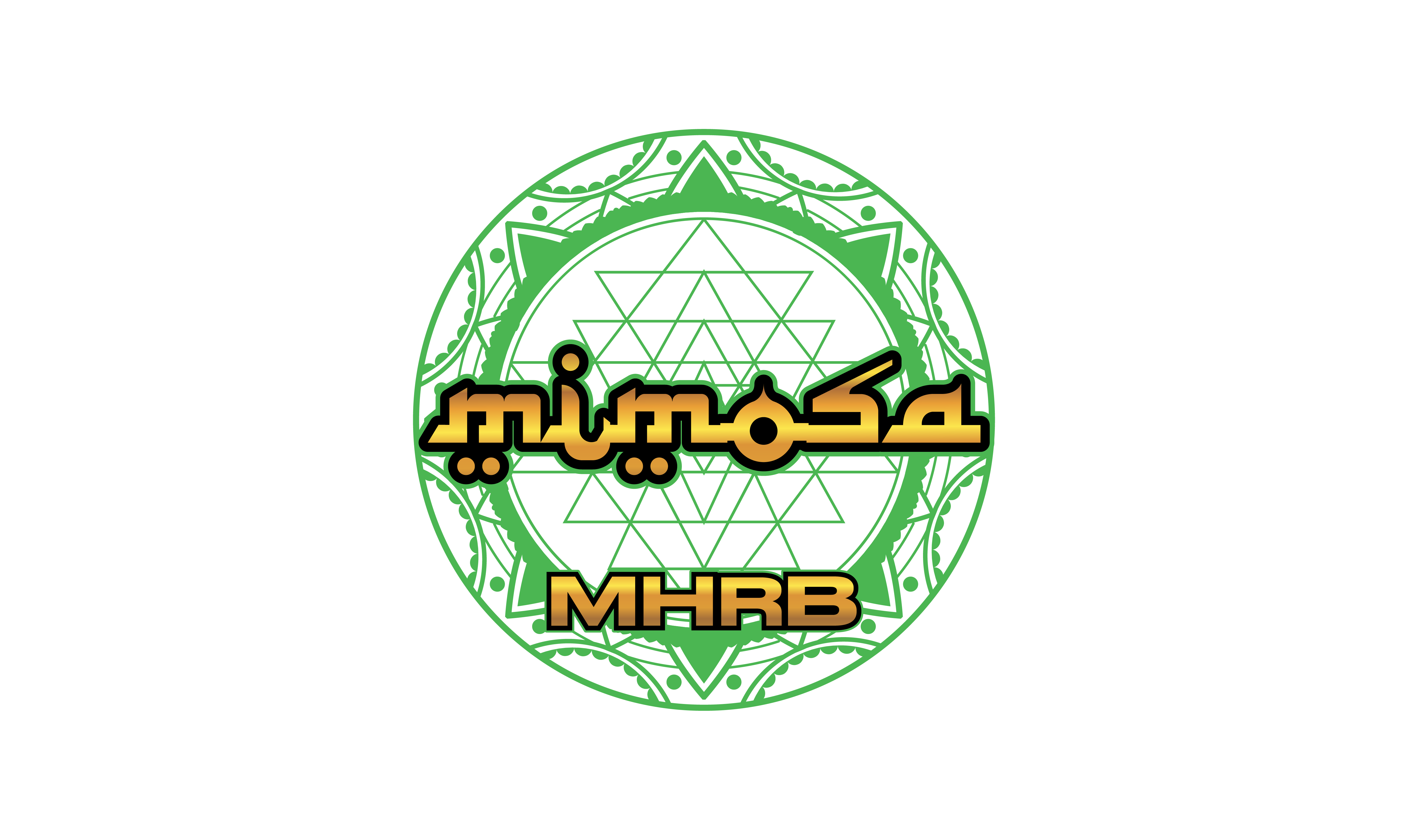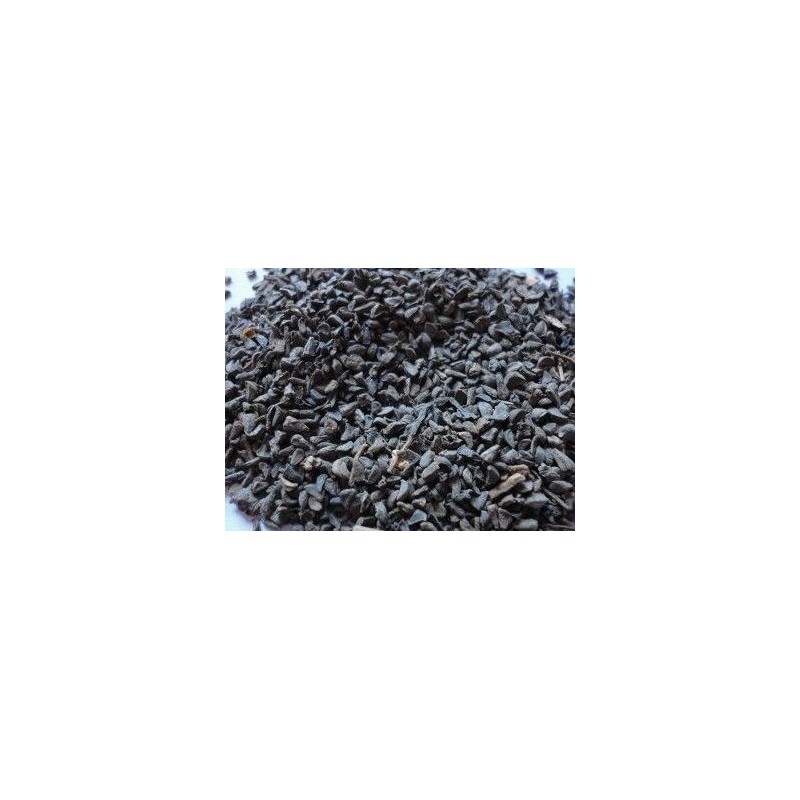Syrian Rue - Peganum Harmala
Syrian Rue is a well-documented plant that has been used medicinally, spiritually, and religiously by many different cultures for thousands of years.
 Security Policy
Security Policy
Data protection ensured. Collect necessary order info. SSL encryption used. No third-party sharing.
 Shipping Policy
Shipping Policy
Costs by location. Ship in 1-2 days. Standard, express. Email confirmation. International shipping.
 Return Policy
Return Policy
14-day return, unused. Refund in 5-7 days. Return costs on customer. No returns on custom items.
Syrian Rue (Peganum harmala) is a well documented plant that has been used medicinally, spiritually, and religiously by many different cultures for thousands of years. It is native to countries around the Mediterranean Sea like Morocco, Spain, and Italy, as well as further North in Serbia, Romania, and Türkiye.
A part of the family Nitrariaceaea, Syrian Rue is a bushy, herbaceous perennial that grows multi-branched with bright green, waxy leaves. The plant grows to be about 1.5 feet tall and about 4 feet in diameter. Commonly found in arid regions, it likes well-drained poor soil and full sun. Blooms of white with five individual petals present themselves from spring to early fall.
Syrian Rue seeds, roots, and foliage have been utilized for centuries to produce a red dye for coloring traditional rugs, tattoos, and furniture. When extracted with water, Syrian Rue seeds produce a fluorescent yellow dye that has been known to glow in the dark and under UV light. When extracted with alcohol, a red dye is obtained that has been commonly called ‘Turkey Red’ or ‘Persian dye’ and is used on textiles and wood.
Syrian Rue has been used for centuries in traditional medicine and religious ceremonies. In traditional Islamic medicine, it is often used to aid digestion, while in Ayurvedic medicine, it is used to promote a sense of well being. In traditional Middle Eastern medicine, Syrian Rue is often used to enhance mood and as an aphrodisiac.
Nitrariaceaea is one of eight plant families that are known to express 64 different kinds of beta-carboline alkaloids. Harmala alkaloids (harmine, harmaline, and harmalol) are substituted derivatives of the molecule beta-carboline. These harmala alkaloids are found in the seeds of Syrian Rue, and they have been studied for decades in regards to their relevance in Amazonian shamanism. They are classified as reversible inhibitors of monoamine oxidase A (RIMAs) which are a subclass of monoamine oxidase inhibitors (MAOIs) that reversibly and selectively inhibit the MAO-A enzyme.
This product has not been approved by the Food and Drug Administration and is not intended to diagnose, treat, cure, or prevent any diseases. We recommend that you consult with a qualified healthcare practitioner before using any herbal products, particularly if you are pregnant, nursing, or on any medications.
No customer reviews for the moment.



